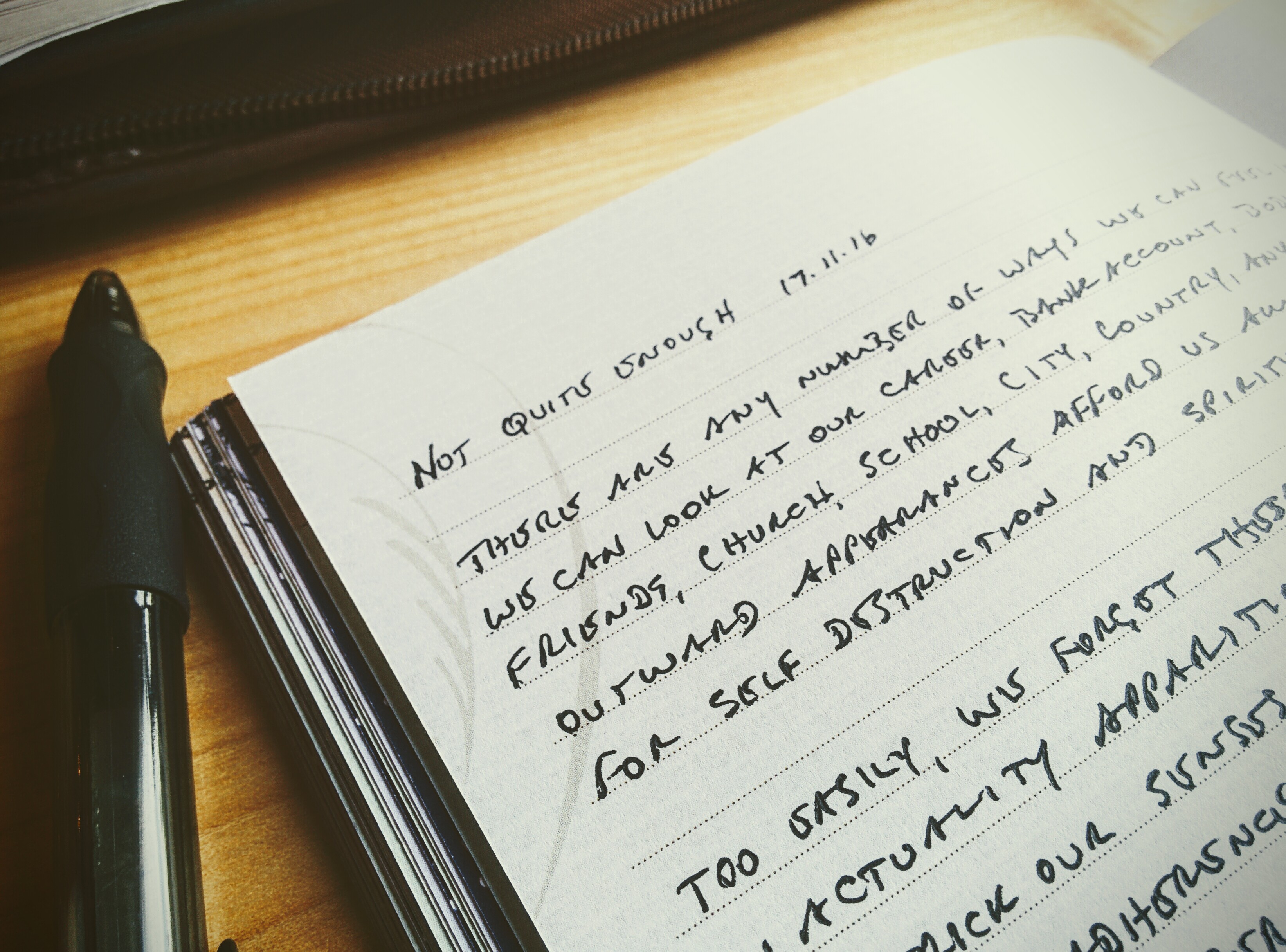We live in a world that constantly invites us to measure ourselves against external standards — wealth, success, appearance, relationships — yet none of these truly define who we are. These illusions act as mirrors, reflecting the stories we’ve been told to believe, not the truth of our infinite potential.
. . .
There are countless ways to feel inadequate: career, bank account, body, vocabulary, car, home, friends, community — anything. Outward appearances provide endless fuel for self-doubt and spiritual contraction.
But these so-called realities are mere apparitions, tricks of light. We fool ourselves into believing them, perpetuating the illusion through cultural and social programming. Modern life, with its relentless noise, thrives on keeping us distracted and disconnected. Advertising and consumer culture feed on this disconnection.
It’s up to us to stop giving these illusions our life force. When we step back, clarity emerges: what we carry within shapes and frames what we see without.
Yes, connecting the dots of awareness is important — understanding the experiences that sow feelings of inadequacy. But true power lies in the moment we create choice. Life continually reminds us — sometimes subtly, sometimes glaringly — that love is always present, patient, and nonjudgmental, waiting for us to notice.
What persists in our lives reflects what we continue to carry, consciously or unconsciously. We can stay tethered to a victim state, but life offers so much more to those willing to accept, integrate, and move beyond it. The sooner we do, the better, for this earthbound journey is painfully short.
Time and again, we find that when we confront a fear or release a false belief, the truth feels disarmingly simple: “That wasn’t so bad.” The universe supports whatever we focus on, whether it’s anxiety, fear, and futility — or ease, grace, and joy. It’s always saying “yes” — the question is, to what?
Every emotion is a signal from our soul, offering fluid and immediate feedback. Each stumble, each setback, is an invitation to look past the mirror and reclaim our truth. Presence in these moments is key.
Inadequacy may feel real, but it is not universal truth. It is an invitation to shed the illusions that obscure who we are.
Let go. Let love.
Temet nosce
. . .
“The Hidden Power” from The Reluctant Pilgrim, Part I
Written by Trance Blackman. Originally published on tranceblackman.com on 17 November 2016. Revised 24 December 2024.
